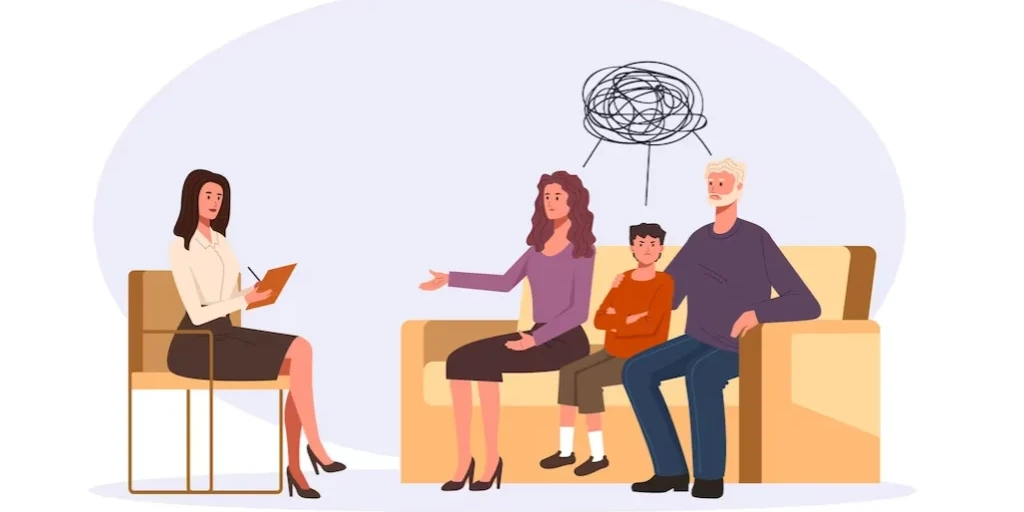24/7 Helpline:
(866) 899-221924/7 Helpline:
(866) 899-2219
Learn more about Opioid Rehab centers in Cache County

Other Insurance Options

Aetna

Access to Recovery (ATR) Voucher

BlueCross

Premera

Sutter

Ceridian

Providence

Choice Care Network

Regence

Health Choice

BlueShield

Covered California

MHNNet Behavioral Health

Multiplan

American Behavioral

Group Health Incorporated

Lucent

EmblemHealth

Amerigroup

Highmark

























































































































































































































































































